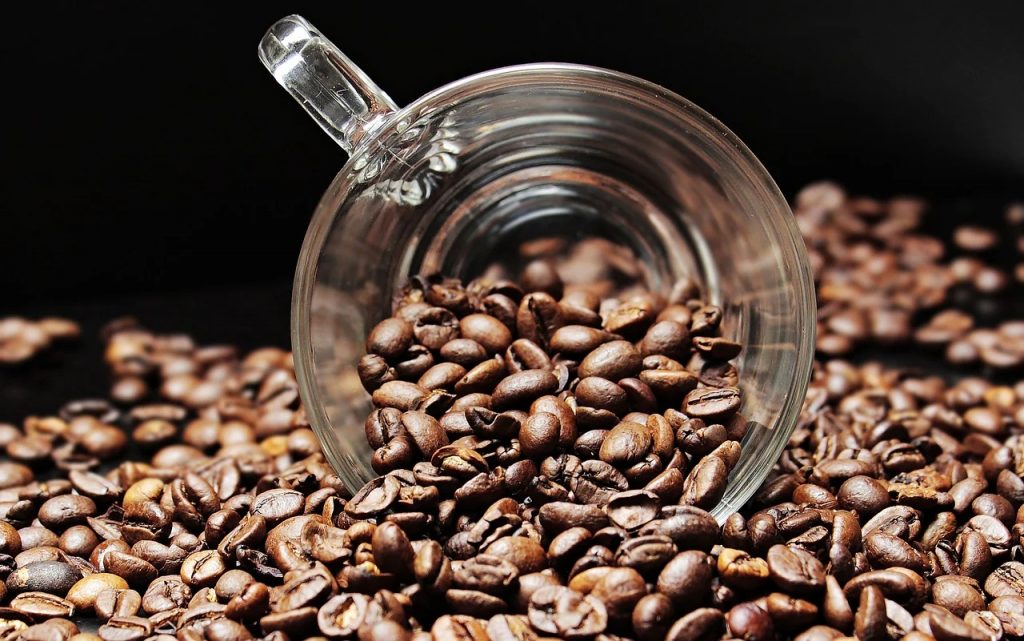Coffee Reserves Are At Their Lowest In Over Twenty Years
Coffee-loving consumers may have something to fear as coffee reserve levels dip dangerously low.
This article is more than 2 years old

America thrives on coffee. Each and every day approximately 150 million people in the US down at least one cup of the caffeinated beverage. If that’s not enough to solidify the country’s adoration for the energy-inducing drink then just take a look at any metro center and you’ll likely find more than just a handful of Starbucks, Dunkin Donuts, and local coffee shops lining the roads. However, coffee-lovers might soon be in for a rude awakening, and not because of the coffee itself. Bloomberg reported that the nation’s coffee reserves have plummeted to exceedingly low levels.
Stores of Arabica beans, in particular, have seen some of the worst shrinkages. The ICE Futures U.S. exchange detailed that Arabica bean stockpiles are currently hovering at approximately 143 million pounds. That might look like a lot, however, it is the lowest the country has had in reserve since February of 2000. This news does not bode well for coffee chains like Starbucks that rely on Arabica beans to make some of their most popular brews.
The root causes behind coffee reserves dipping so slow are largely due to a combination of supply shortages and inflation. Brazil, the world’s largest producer and exporter of coffee, has seen unprecedented weather which adversely affected bean yields across the South American nation. This coupled with unprecedentedly high shipping costs stemming from soaring inflation rates have put a stalwart on how many coffee beans the United States can get its hands on. Additionally, Fernando Maximiliano, an analyst at StoneX in Sao Paulo, Brazil highlighted that at this point, it is more advantageous for Brazil to sell their coffee domestically because the mitigating circumstances have caused it to suit producers’ bottom lines better.

All of this is problematic because the demand for coffee is outpacing the supply in an already inflated economy. If this shrinking coffee reserve trend continues on the path that it is currently on, it’s going to hit consumer wallets in a big way. Meaning, if consumers think it’s expensive to get a cup of coffee at Starbucks now just wait until the inflationary effects exacerbated by shrinking coffee reserves fully permeate the market.
Woes stemming from depleted coffee reserves aren’t the only thing that consumers have to be concerned about in this shaky economy. Supply shortages coupled with the effects of inflation have taken a toll on nearly every industry. Grocery stores can’t keep their shelves stocked, and prices continue to rise considerably on the food that they do have.
Additionally, automakers can’t locate enough chips to build new cars, which has not only caused a shortage of new cars but also prices to skyrocket for used models. Tech companies are facing similar challenges in getting their products out to the public, too. Businesses like Apple and Sony are among those vying for semi-conductor chips so they can alleviate shortages for popular items like the iPhone 13 and Sony Playstation 5. Ultimately, until the market starts to right itself and supply versus demand begins to level out, things like depleted coffee reserves and empty grocery store shelves will remain symptoms of the reality in which we are all living.



